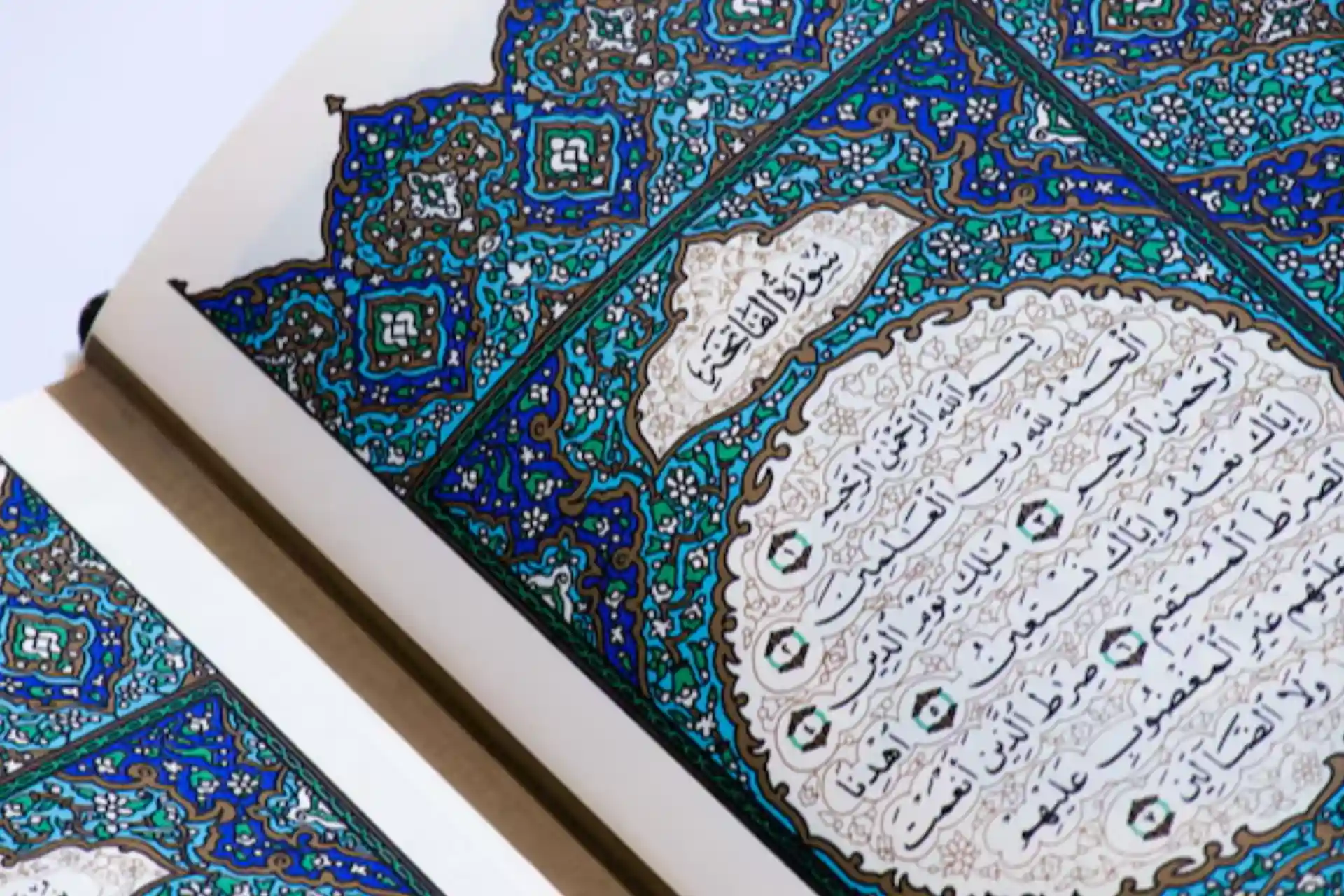Praise belongs only to Allah (first verse of Surah al-Fatiha)
"Alhamdulillahi robbil ``alamin" - All praise and thanks be to God, the educator of the worlds. Commentary on the first verse of Surah Al-Fatiha .
The word "hamd" in the verse means "praise" . Imam Tabari says that the words "praise" and "thank" are synonymous. But Imam Qurtubi says that the word "hamd" comes in a more general sense than the word "thanks". Because gratitude is used in exchange for a certain blessing. Praise is not a substitute for blessing. For example, it is said that I thanked such and such a person for donating. Or you say that I praised such and such a person's courage and knowledge. In the first case, you thanked him for donating to you. In two cases, the knowledge and enthusiasm of the person you praised may not benefit you at all. In this respect, the word "praise" is more general than the word "thanks".
As for the word "Alhamdulillah" , Imam Ibn Kathir cites this in his commentary: Umar Ibn Khattab said to Ali, may Allah be pleased with him, there were other companions around him: " Laa ilaha illallah, Subhanallah, Allahu " akbar. We learned these words. We understood their meaning. Then it was the turn of ``Alhamdulillah.'' Then Ali karramallahu wajhahu replied: ``This is the word that God loves and likes you to say.''
In a hadith narrated from Jabir, the Prophet, may God bless him and grant him peace, said: "The best of dhikr is ' Laa ilaaha illallah ', and the best of supplications is ' Alhamdulillah '." (Narrated by Imam Tirmidhi)
Imam Qurtubi narrates from Jabir ibn Abdullah, may God be pleased with him, in his commentary. The Prophet, peace be upon him, said: "When Allah gives a blessing to his servant, he says 'Alhamdulillah', then He gives something better than what he received."
As for the word "Robbil alamin" , Muhammad Ali Sabuni says in "Sofwatut Tafsir" that the word "Robb" is derived from the word "tarbiya" and means "one who corrects the affairs of others". Hirawi said, "One who reformed something and made it perfect can be said to have brought it up." The word "Robb" has several other meanings: Malik - owner, Muslih - reformer, Ma'bud - worshiped, Muta - obeyed. Therefore, the one who truly owns us, the one who is reforming our circumstances, the one who is worthy of worship and obedience, is that Lord. The word "Lord" is not used for anything other than Allah.
And the word "Alamiyn" is the plural of the word "world". "World" means all existing things other than Allah. The word "universe" is lexically plural. For example, the word "people" is morphologically singular but semantically plural. In the same way, the words "troop" and "crowd" express the meaning of the plural even though they are actually singular. So is the word "universe". Each class of beings in existence is a separate universe. For example, the world of animals, the world of angels, humans, the world of demons and so on. Therefore, the word "worlds" in the verse refers to all types of beings in existence.
According to Imam Zamakhshari, "world" means all sentient beings consisting of angels, humans and jinns. Imam Qurtubi also says that "world" refers to humans and jinns. Abu Ubayda also said that the world refers to the intelligent beings consisting of humans, jinn, angels and devils. He said that the word "universe" is not used in relation to animals.
But according to Ibn Abu Hotam, "There are a total of a thousand worlds: six hundred worlds in the sea itself, and four hundred worlds in the land." This same information was also narrated from Sa``id ibn al-Musayyab. According to Wahb ibn Munabbah, may Allah have mercy on him, "Allah created eighteen thousand worlds. This world is also one of these worlds.
Today's modern science is discovering new species of flora and fauna every day. Remembering their names is a big problem. Therefore, as a general conclusion in this regard, we can quote the words of Kabul Akhbar. He said: "Only Allah knows the number of worlds."
To conclude, we should understand the meaning of "Alhamdulillahi robbil ``alamin" as Ibn Abbas, may Allah be pleased with him, said: "Praise be to Allah, the Lord of the heavens and the earth, the owner of all creatures known and unknown to us."
Muhammad Sadiq Muhammad Ismail

